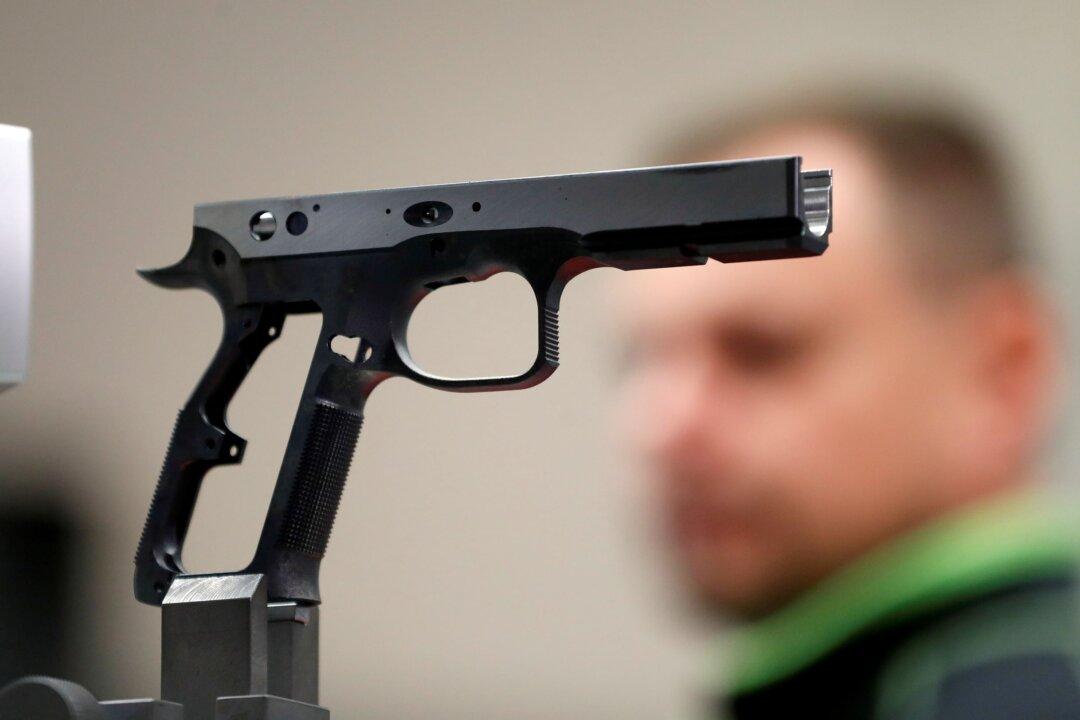PRAGUE—For Czech gun maker CZG-Ceska Zbrojovka Group, its recent acquisition of the Colt brand carries both the potential to become a major player in the global firearms market and the challenge of reviving the fortunes of a fabled U.S. name.
Shares of CZG, which listed on the stock market last October, have surged 60 percent in Prague this year as investors welcomed solid revenue growth and the company’s $222 million purchase of privately-held Colt Holding Company—a deal finalised in May that will make CZG a competitor for U.S. leaders such as Smith & Wesson and Sturm, Ruger & Company.





